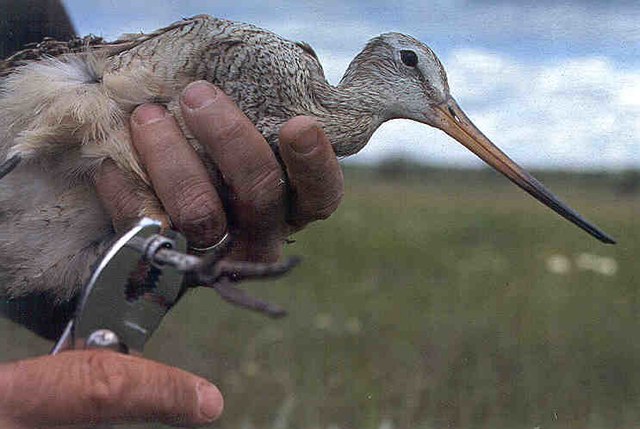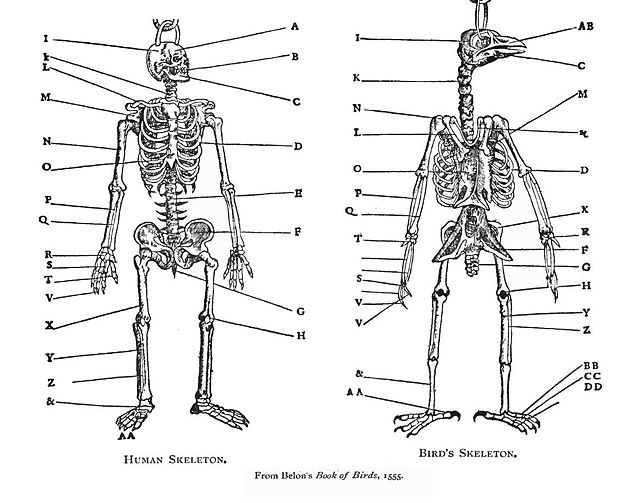De arte venandi cum avibus
De Arte Venandi cum Avibus is a Latin treatise on ornithology and falconry written in the 1240s by the Holy Roman Emperor Frederick II. One of the surviving manuscripts is dedicated to his son Manfred. Manuscripts of De arte venandi cum avibus exist in a two-book version and in a six-book version.
Frederick II on the second page of the "Manfred manuscript" (Biblioteca Vaticana, Pal. lat 1071)
Bibliotheca Vaticana, Pal. Lat. 1071. folio 16r
Ornithology is a branch of zoology that concerns the study of birds. Several aspects of ornithology differ from related disciplines, due partly to the high visibility and the aesthetic appeal of birds. It has also been an area with a large contribution made by amateurs in terms of time, resources, and financial support. Studies on birds have helped develop key concepts in biology including evolution, behaviour and ecology such as the definition of species, the process of speciation, instinct, learning, ecological niches, guilds, island biogeography, phylogeography, and conservation.
A marbled godwit being ringed for studies on bird migration
A collection of bird skins, belonging to the family Cotingidae
Geese from a wall panel from the tomb of Nefermaat, Egypt c. 2575–2551 B.C.
Belon's comparison of birds and humans in his Book of Birds, 1555






